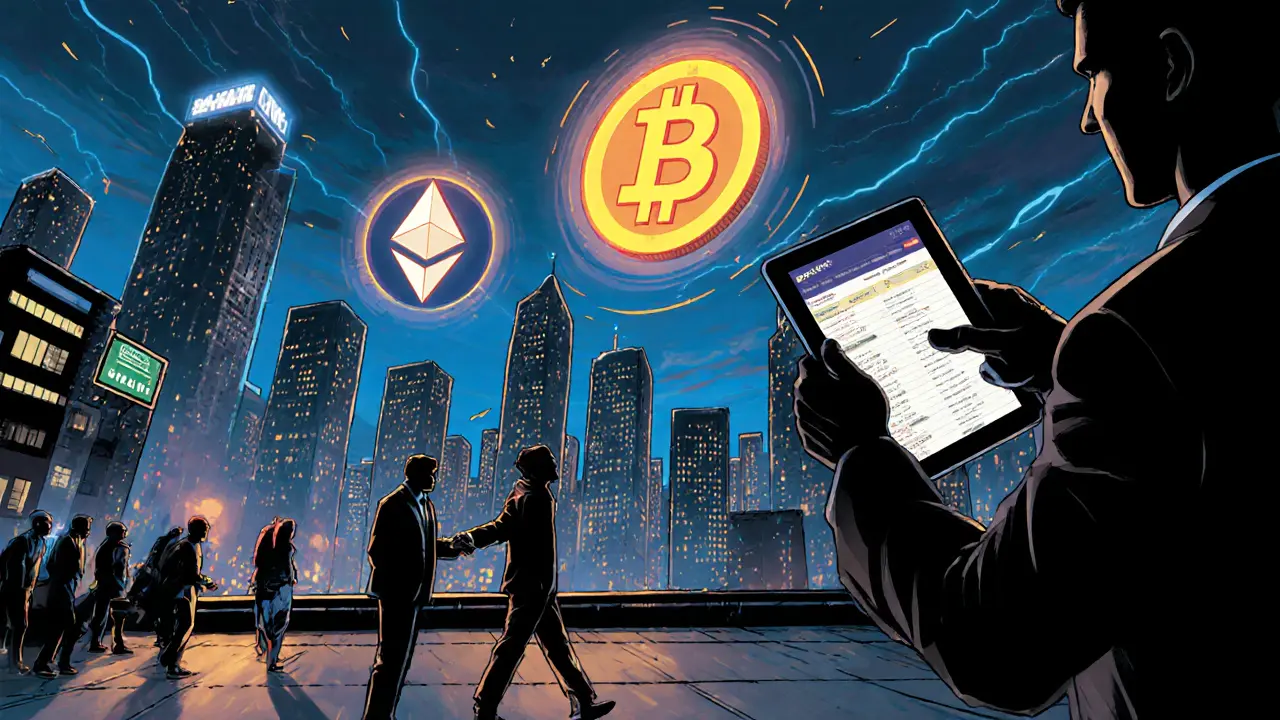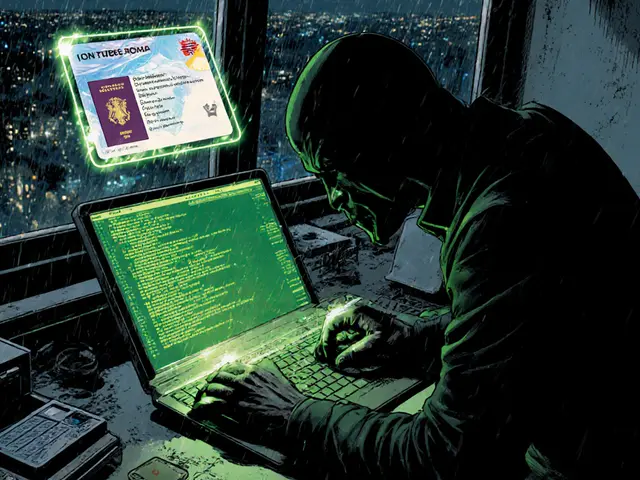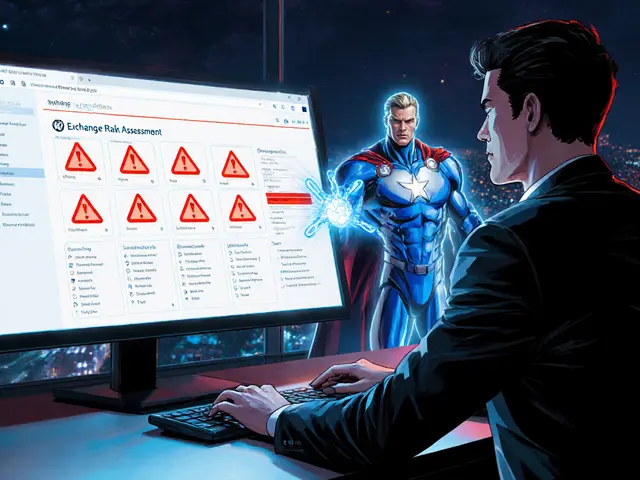Digital Pakistani Rupee: What It Is, Why It Matters, and Where It Stands
When we talk about the Digital Pakistani Rupee, a state-backed digital version of Pakistan’s national currency, issued and controlled by the State Bank of Pakistan. Also known as CBDC, it’s not just a tech upgrade—it’s a fundamental shift in how money moves in one of the world’s most populous economies. Unlike Bitcoin or Ethereum, this isn’t a decentralized coin. It’s a digital dollar, but for Pakistan: fully backed by the central bank, traceable, and designed to replace physical cash over time.
The Central Bank Digital Currency, a digital form of a country’s fiat money issued by its central bank isn’t new—China’s digital yuan, Nigeria’s eNaira, and Sweden’s e-krona have all been tested. But Pakistan’s move is different. With over 60% of its population unbanked or underbanked, the Digital Pakistani Rupee could be the first real step toward financial inclusion for millions. Imagine sending money to a family member in a remote village without needing a bank account—just a phone and a digital wallet. That’s the goal.
It also ties directly into the country’s broader push for cryptocurrency regulation, the legal framework governing digital assets, including bans, licenses, and oversight. Pakistan has cracked down on crypto exchanges in the past, worried about capital flight and fraud. But now, instead of fighting digital money, it’s trying to own it. The Digital Pakistani Rupee could be the government’s answer to crypto: a controlled, legal alternative that keeps money inside the system.
There are real challenges, though. Infrastructure gaps, low smartphone penetration in rural areas, and public distrust in government systems could slow adoption. And while the State Bank of Pakistan has signaled strong interest, there’s still no official launch date. No pilot program has been fully detailed. That’s why you’ll find so many articles—like those on Vietnam’s crypto rules or Singapore’s regulatory edge—comparing how different countries handle digital money. Pakistan isn’t leading the race. But it’s trying not to fall too far behind.
What you’ll find in this collection aren’t just news snippets. These are deep dives into how digital currencies affect real people—how they change payments, how they interact with crypto markets, and how regulation shapes what’s possible. From exchange reviews in Turkey to airdrop scams in the U.S., the theme is clear: digital money is here, and how governments respond will decide who wins and who gets left out.
Pakistan legalized cryptocurrency in 2025 with the Virtual Assets Bill, creating PVARA to regulate digital assets. While holding and transferring crypto is now legal, payments and open trading remain banned. The state-controlled Digital PKR is the real focus.
READ MORE






